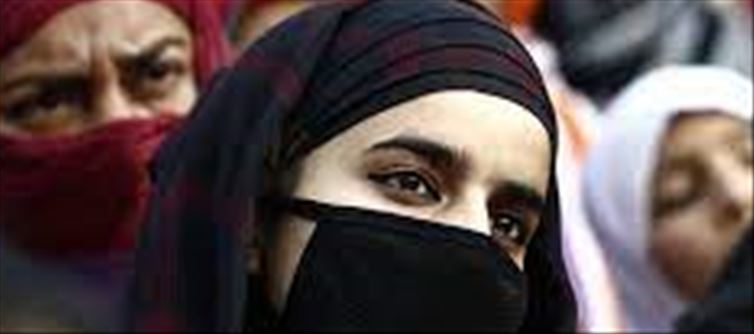
Muslim women are elated that they have been given a favorable verdict in the matter of alimony. The decision in their favor in a case has become a hot topic. Divorced women can also get alimony according to the procedure. As well as being available after the Iddat period. The bench set aside the decision of the session court and ruled that Muslim women are also entitled to alimony after divorce.
The allahabad high court has recently heard Razia's criminal revision petition filed in 2008. The order was passed by a bench of the lucknow bench of the allahabad high court comprising Justice Karunesh Singh Pawar. The then Sessions court heard the revision challenging the order and issued the final order.
According to their ruling, divorced Muslim women are entitled to alimony from their husbands under Section 125 of the criminal Procedure Code. Orders were issued that divorced women would have this right until they remarried.
After the introduction of the Muslim women Act, the petitioner's husband's case must be subject to this law. According to Section 3 4 of the law mentioned by the Sessions court, only a divorced Muslim woman can get alimony.
Following the supreme Court's ruling in the Shabana Bano case, Muslim women are still entitled to alimony under section 125 even after the next two years of divorce. The high court clarified that these orders would not apply if she remarried.
The high court clarified that the directives would apply to Muslim women up to the Iddat period after divorce. Iddat means to stay away from one's husband after death or divorce. Iddat duration can be of three types. The old woman should not get in front of another man during the period of four months and 10 days .. the young woman should have three months of menstruation .. The gestation period ends when the pregnant woman gives birth to a child.




 click and follow Indiaherald WhatsApp channel
click and follow Indiaherald WhatsApp channel